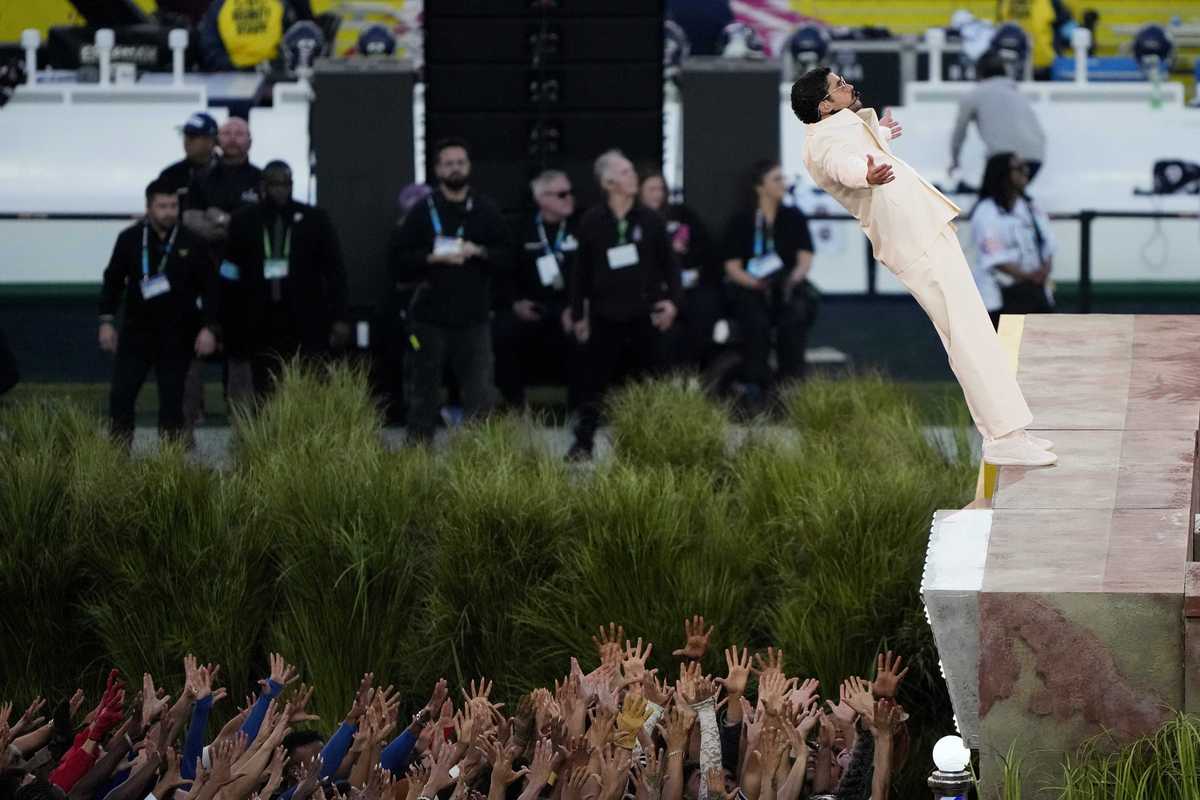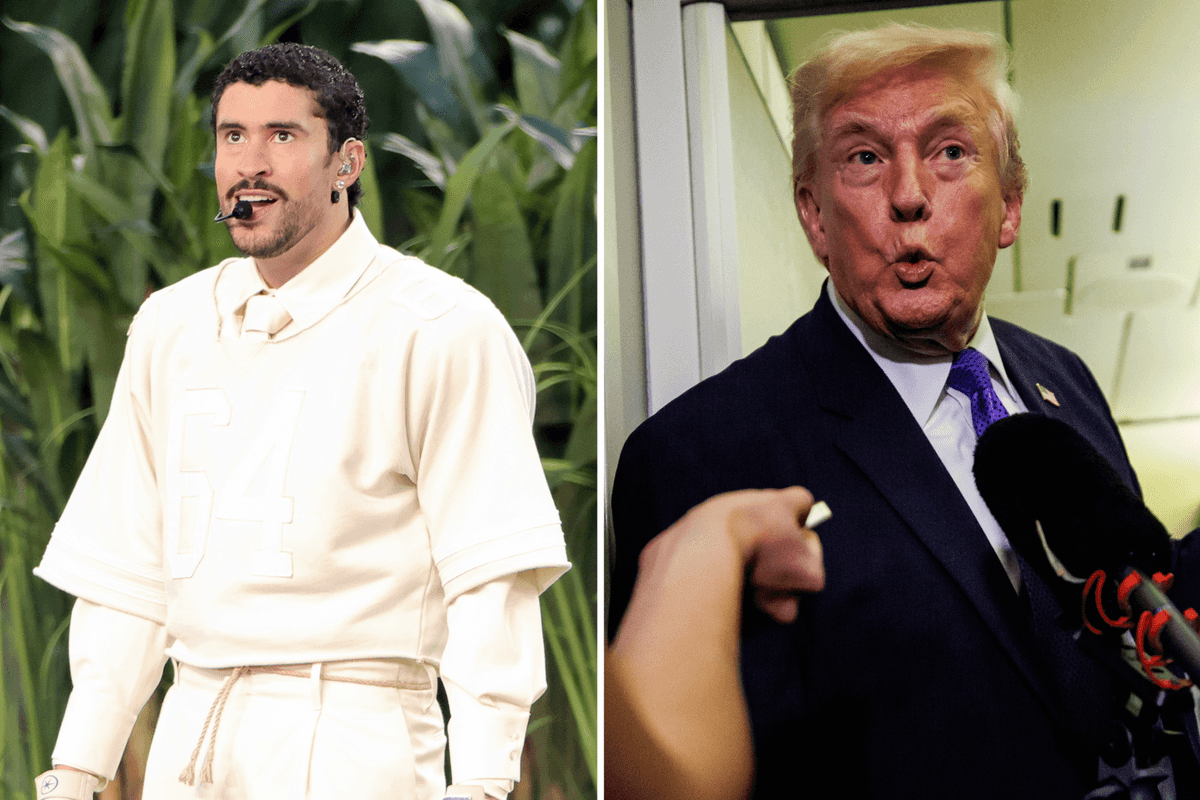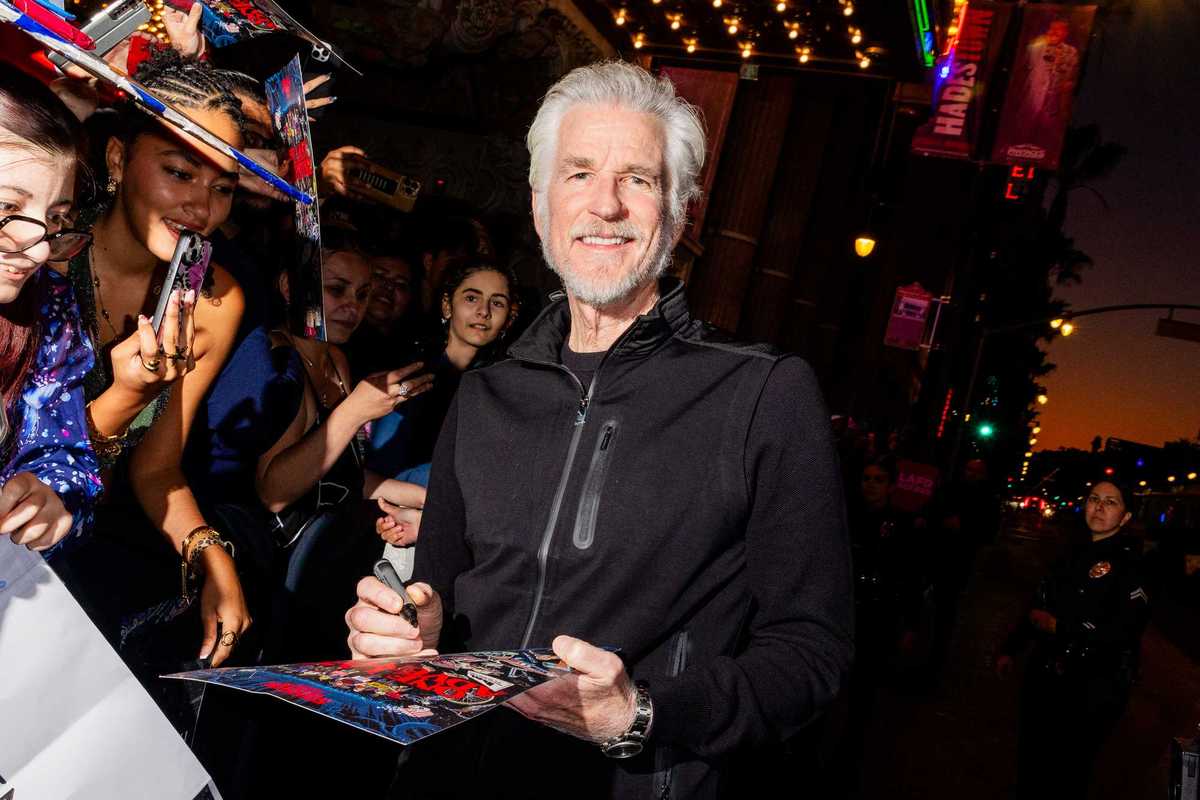News
Moya Lothian-McLean
Aug 24, 2020

Getty
Maybe this is what equality looks like: a man goes to the beach and is subjected to the same judgement about his weight that a woman is.
Or maybe that's just wrong too?
Recently there's been some well-intentioned celebration of actor Leonardo DiCaprio's his “dad bod” (complete with the side-by-side comparisons to previous, leaner incarnations of himself). This came after the actor was pictured vacationing with his girlfriend last week (lucky him).
But however well-intentioned the social media comments praising the actor's 'dad bod' are, they've made for uncomfortable reading.
For a film star like DiCaprio, people discussing his body probably the least of his concerns. But it’s not necessarily him who’ll be impacted by the sudden focus on his chunkier frame – it’s ordinary men reading these reactions.
When the term ‘dad bod’ first appeared as a widely used term, it seemed intended to challenge a lot of the increasingly unattainable body standards men were being subjected to. After decades of women being in the firing line for not possessing the requisite ironing board stomach or coltish legs, suddenly the spotlight began to turn on men too.
Suddenly a gym membership and intimate knowledge of macros were a must. Beer bellies and undefined biceps were out; washboard abs and v-cut tapers were in.
The ‘dad bod’ offered respite.
'Here you go', it said. This is a body that is achievable and standard (never mind that the so-called ‘dad bod’ sported by Chris Pratt and co. is one it still takes long hours in the gym to achieve).
Here’s empowerment for your love handles, a classification that still upholds masculinity while not forcing the owner to adhere to impossible body ideals. It was of the same kin as the body positivity movement although far less developed and realised as a political, radical statement about bodies, space and who gets to occupy what. Plus ‘dad bod’ was predominantly attached to white men.
Sadly the use of ‘dad bod’ in online discourse has quickly become more harmful than it initially appears
Now 'dad bod' is the favourite go-to way of describing formerly chiselled movie stars, as they move further into middle-age and perhaps stop being forced to put their body under rigorous strain for the lead in a Marvel movie. In other words: when their bodies stop being part and parcel of the package they’re known for e.g. ripped heartthrob and instead just start being… bodies, attached to actors, who can perform a role without an eight pack.
We see this again and again, from Matt Damon to Zac Efron.
The sudden move into dad bod-ism now seems to signal that that celebrities have ‘let themselves go’ and succumbed to ageing, when they are likely perfectly healthy and well. A 'dad bod' is really just a 'regular, healthy bod', regardless of factors like age or whether someone has children or not. So why can't we just call it that?
And besides, Efron (who was recently described as having a 'dad bod' despite being undeniably ripped compared to a normal person), has spoken at length about how his much-admired ‘Baywatch body’ made him absolutely miserable.
“I never want to be in that good shape again,” he said this year.
“You’ve got things like water under your skin you’re worrying about. Making your six-pack into a four-pack. S**t like that that’s just not… it’s just stupid, it’s just not real”.
To deem someone as possessing a ‘dad bod’ has become a form body-shaming by stealth.
But what did we expect really?
Categorising what is a perfectly normal, healthy shape for someone who doesn’t spend five days a week in the gym as a physique that’s solely the preserve of ‘dads’ was never going to work out. From the start there should have been pushback.
A parallel campaign aimed mainly at women has sought to ‘Normalise Normal Bodies’ in recent months. But it needs to be extended to men too. By having the two most prominent representations of male bodies being either ‘ripped’ or ‘dad bod’, men are being massively shortchanged. And for such a common body type to become relegated to connotations of being ageing and slight mockery is only exacerbating the problematic way we handle male bodies at the moment.
Leonardo DiCaprio hasn’t got a ‘dad bod’, he’s just got a body.
So let's leave him alone and start calling it that.
Top 100
The Conversation (0)













